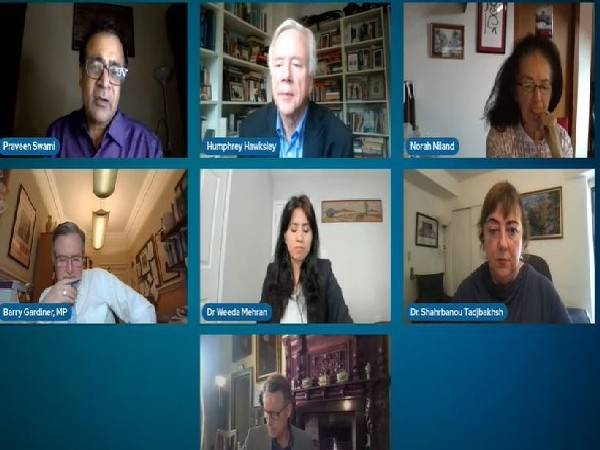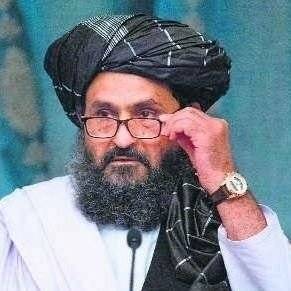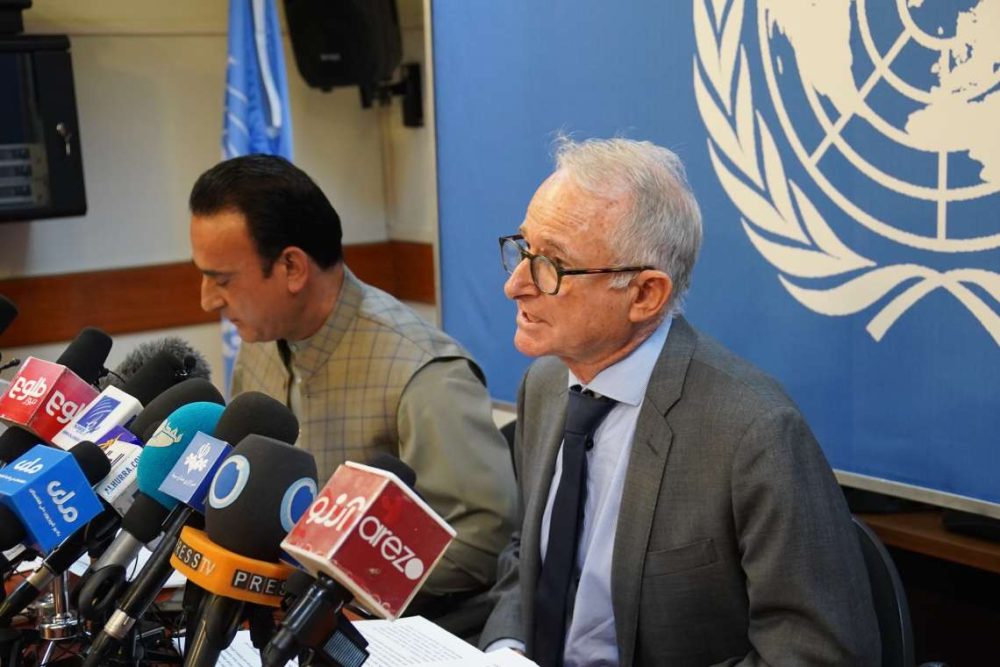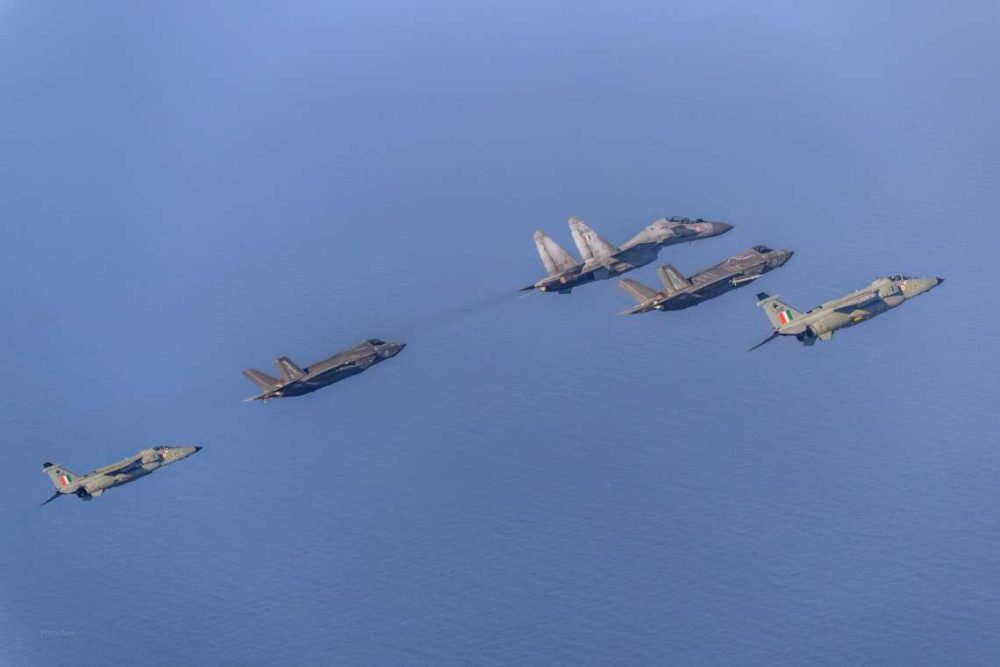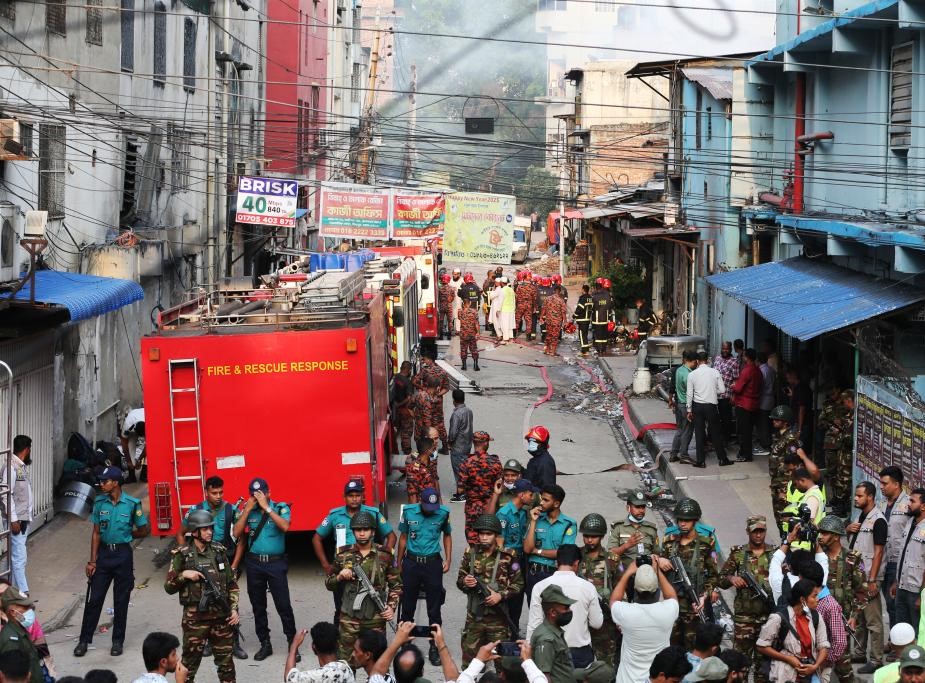The expert highlighted challenges like brain drain, and depreciating currency. Moreover, the current caretaker cabinet’s problematic lack of inclusivity, with no Hazaras, Shia or women representatives…reports Asian Lite News.
As US and NATO forces concluded military withdrawal from Afghanistan after 20 years of presence in the country, a new reality now exists for the country, under the Taliban’s regime.
As fresh challenges arise for Afghanistan’s neighbours to step into the breach, London-based NGO The Democracy Forum hosted a virtual seminar on September 14 — titled ‘Afghanistan: Filling the Void’. This debate was moderated by former BBC Asia Correspondent Humphrey Hawksley.
“What can we anticipate from the new regime?” wondered TDF President Lord Bruce in his opening address, given that the Taliban is embarking on a campaign to win hearts and minds and offer a credible alternative to the Ghani administration.
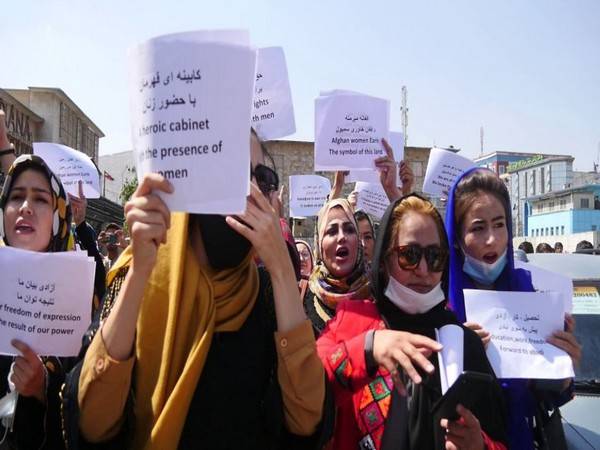
But, with the new cabinet in Kabul dominated by Taliban hardliners and appearing to opt for ‘diplomatic non-engagement’, Lord Bruce believed the international community would struggle to find meaningful leverage.
He also cast doubt over any immediate advantage Afghanistan’s neighbours might hope to gain from US withdrawal, saying that China and Pakistan have “a real problem with the Taliban”, as do Russia and Iran. Pakistan’s predicament, in particular, as a “supplicant of both China and the US, would surely determine its response to the change of regime in Kabul, with possible repercussions including renewed tension with India.”
Addressing the security situation and the Taliban’s ability to govern Afghanistan, Dr Weeda Mehran, a Lecturer at the University of Exeter’s Dept. of Politics, considered key challenges facing the new government.
The expert highlighted challenges like brain drain, and depreciating currency. Moreover, the current caretaker cabinet’s problematic lack of inclusivity, with no Hazaras, Shia or women representatives.
As many as 17 of the 33 cabinet members, including the new minister of the interior, are on UN and FBI terrorist lists, while the Taliban has released thousands of IS, al-Qaeda, TTP and other prisoners, which could cause huge security challenges in Afghanistan if they decide to confront the regime.
UN Consultant Dr Shahriar Tadjbakhsh, a Professor at the Paris School of International Affairs, Sciences Po, looked at how the region can engage with the Taliban, offering an analysis of the security concerns and interests of regional countries, and what regionalism can do.
She spoke of the September 8 meeting of foreign ministers from Afghanistan’s neighbouring countries to make a joint statement — a meeting tellingly convened by the foreign minister of Pakistan, the country with the most leverage in Afghanistan.
This statement pointed to regional concerns, emphasising the role members of the security council have to play in continuing to take responsibility for peace and security in Afghanistan, and the need for regional countries to set aside the differences and work together.
There is potential for economic progress, but it is contingent on whether the Taliban can answer the security concerns of the region, and on regional cooperation rather than continuing rivalries. Dr Tadjbakhsh highlighted how regional countries such as Pakistan and China have greater leverage in Afghanistan than other neighbours such as India and Russia, with the Taliban representing the interests of some regional countries more than others.
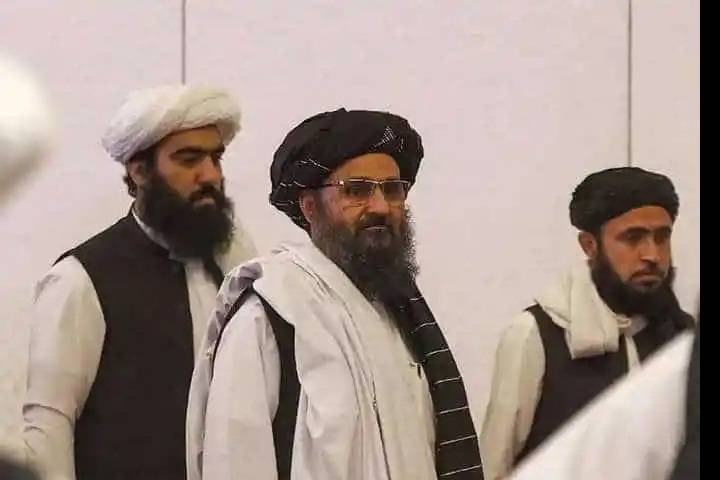
Norah Niland, Co-Founder and Executive Member of United Against Inhumanity, examined attitudes of Afghanistan’s neighbours to the evolving and intensifying humanitarian situation, and the implications of this for Afghans in need of urgent humanitarian action.
She noted that, while the global humanitarian scene has changed significantly since the end of the Cold War, then again since 9/11, most Western powers have remained the dominant actors, both in terms of funding and in terms of setting policy. She said it was important that Afghanistan is not treated as a pariah state, and has access to the country’s reserves in US banking. (ANI)
ALSO READ-New Biz Forum To Fuel Indo-UK Ties


